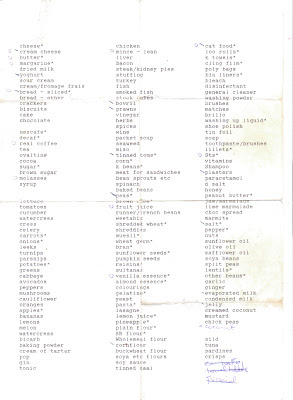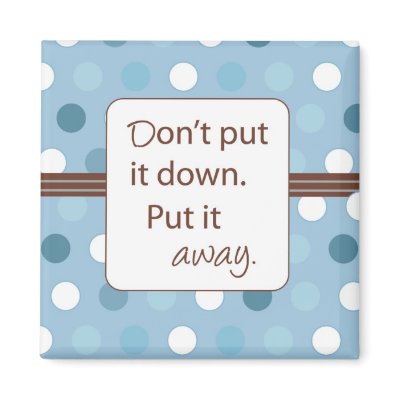Five of them are four of them and six of them are three:
Eight of them are five of them - whatever can they be?!
YYUR
YYUB
ICUR
YY4Me
Little birdie flying high
Dropped a message through the sky.
Said the farmer, wiping his eye
'Damn good thing that cows can't fly'!

I love you so dearly, I love you so mighty
I wish your pyjamas were next to my nightie.
Oh, don't be mistaken, don't be misled;
I mean on the clothesline, and not in the bed!
If the Gbmt
put:
If the Gbfull
don't put:
Grandpa's getting old and grey,
His whiskers get in Grandma's way
And when she chews them in her sleep
She dreams she's eating shredded wheat!
I chose this page because it's pink
But what to write I cannot think
The future lies before you like a path of driven snow;
Be careful how you tread it as every step will show.
A fly and a flea in a flue
Were imprisoned so what could they do?
Let us fly said the flea,
Let us flee said the fly
So they flew through a flaw in the flue.
There once were two cats of Kilkenny
Each thought 'that is one cat too many'
So they fought and they fit
And they scratched and they bit
'Til (excepting their nails
And the tips of their tails)
Instead of two cats there weren't any.
Under the sea, fast asleep
There lies Jenny fast asleep
All the fishes hold their noses
'Cause of the smell of Jenny's toses.

Moses supposes his toses are roses
But Moses supposes eroneously
Roses are red
Violets are blue
Someone is smelling
So let it not be you!
and finally:
Betty Botter bought some butter
But the butter Betty Botter bought was bitter butter.
So Betty Butter went and bought some butter
That was better than the bitter butter
Betty Botter bought before!
(see: http://en.wikipedia.org/wiki/Betty_Botter)
Clue for one of the ones above:









